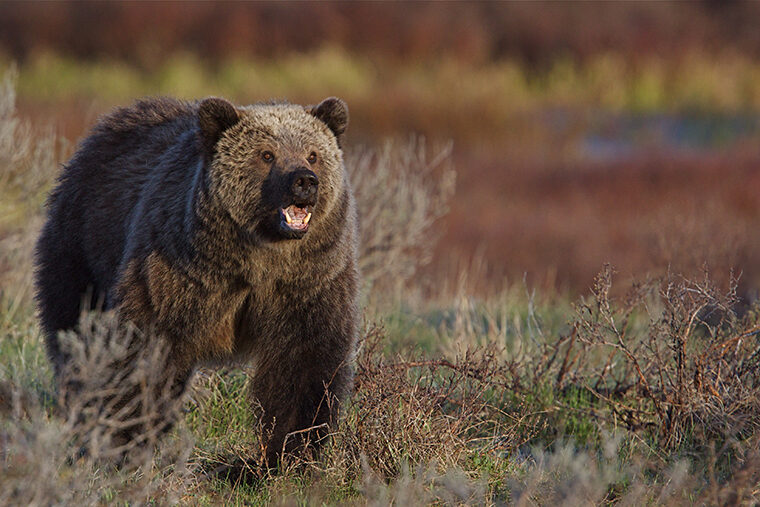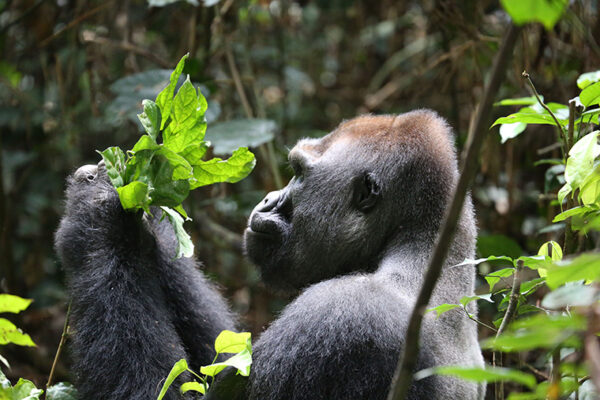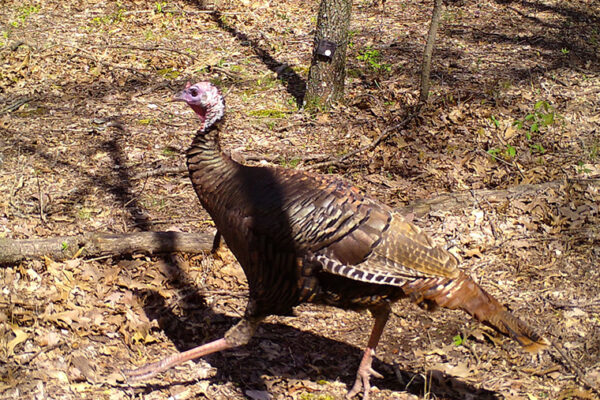The Trump Administration’s proposed overhaul of the landmark Endangered Species Act will “hasten the extinction of countless species,” said an international biodiversity expert at Washington University in St. Louis.

Jonathan Losos, the William H. Danforth Distinguished University Professor, is the director of the university’s Living Earth Collaborative, a center for the study of biodiversity in partnership with the Missouri Botanical Garden and the Saint Louis Zoo.
“Species are being lost at a rate not seen since an asteroid slammed into the Earth and wiped out the dinosaurs and many other species 66 million years ago,” Losos said. “The Endangered Species Act has been successful at slowing this rate and preventing the extinction of many species, and it has served as an inspiration for countries around the world.
‘Species are being lost at a rate not seen since an asteroid slammed into the Earth and wiped out the dinosaurs and many other species 66 million years ago.’
-Jonathan Losos
“Sadly, the recent proposals of the federal government, if put into place, will greatly weaken the act’s protections and hasten the extinction of countless species,” he said.
The proposed changes to the Endangered Species Act follows by three months the release of the new United Nations report on biodiversity finding that nature is declining globally at rates unprecedented in human history. The rate of species extinction is accelerating, with grave impacts on people around the world now likely, according to the Intergovernmental Science-Policy Platform on Biodiversity and Ecosystem Services.
Losos discussed these issues at length in a recent edition of Washington, the university’s alumni magazine.


